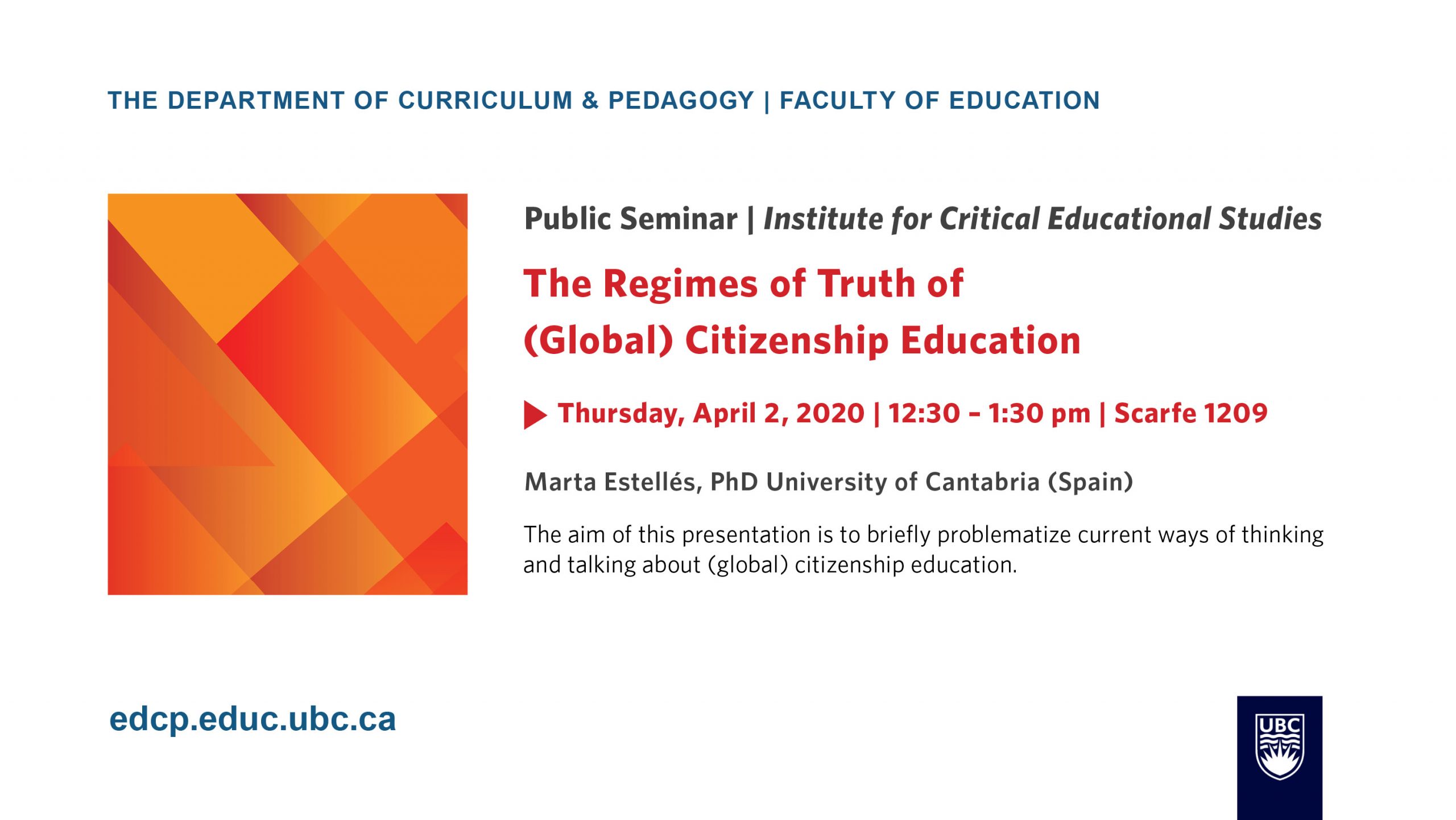Global Pedagogy and the Question of Palestine: A Dialogue
Linda Herrera
University of Illinois at Urbana Champaign
Michael A. Peters
Beijing Normal University / University of Illinois Urbana Champaign
DOI: https://doi.org/10.14288/ce.v16i4.187433
Keywords: Palestine in Critical Pedagogy, Paulo Freire, critical pedagogy, popular education, empowerment, grassroots, global citizenship, genocide, Anti-colonial pedagogy
Abstract
Global pedagogy refers to a broad, ethically grounded approach to education that extends beyond national boundaries and emphasizes the collective responsibility to teach and learn about interconnected global crises and historical injustices. The question of Palestine and the ongoing genocide in Gaza serve as the “canary in the coalmine”. Its suppression is not an isolated phenomenon but a diagnostic for a wider authoritarian turn that seeks to foreclose the very possibility of critical, transnational solidarity. In this dialogue, Michel Peters, a philosopher of education, and Linda Herrera, a critical anthropologist of education in the Middle East, engage in a dialogue about how educators can keep critical thought and solidarity alive by partaking in practices that are resilient, resourceful, and relentlessly focused on building counter-publics. These requires embracing a “fugitive” pedagogy, curating and archiving counter-memories, and building transnational literacies of solidarity.
Author Biographies
Linda Herrera, University of Illinois at Urbana Champaign
Linda Herrera is Professor in the Department of Education Policy, Organization and Leadership at University of Illinois, Urbana-Champaign. She has researched, written about, and taught courses on education and power in the MENA region, qualitative research methods (with a focus on critical ethnography and oral history), international development policy, youth and generations, childhood in global context, the social effects of technological change, and critical democracy and citizenship education. Her books include, Education 2.0: Chronicles of Technological and Cultural Change in Egypt (OUP, 2025), Educating Egypt: Civic Values and Ideological Struggles (American University in Cairo Press, 2022), Global Middle East: Into the Twenty-first Century (University of California Press, 2021), Revolution in the Age of Social Media: The Egyptian Popular Insurrection and the Internet (Verso, 2014), Wired Citizenship: Youth Learning and Activism in the Middle East (Routledge, 2014), Being young and Muslim: New Cultural Politics in the Global South and North (Oxford University Press, 2010), and Cultures of Arab Schooling: Critical Ethnographies from Egypt (State University of New York Press, 2006).
Michael A. Peters, Beijing Normal University / University of Illinois Urbana Champaign
Michael A. Peters is Distinguished Professor of Education at Beijing Normal University Faculty of Education PRC, and Emeritus Professor in Educational Policy, Organization, and Leadership at the University of Illinois at Urbana–Champaign. He is the executive editor of the journal, Educational Philosophy and Theory, and founding editor of five international journals, Policy Futures in Education, E-Learning and Digital Media (SAGE), and Knowledge Cultures (Addleton), The Video Journal of Education and Pedagogy (Springer), Open Review of Education Research (T&F). His interests are in philosophy, education and social policy and he has written over eighty books, including most recently: Wittgenstein and Education: Pedagogical Investigations, (2017) with Jeff Stickney, The Global Financial Crisis and the Restructuring of Education (2015), Paulo Freire: The Global Legacy (2015) both with Tina Besley, Education Philosophy and Politics: Selected Works (2011); Education, Cognitive Capitalism and Digital Labour (2011), with Ergin Bulut; and Neoliberalism and After? Education, Social Policy and the Crisis of Capitalism (2011). He has acted as an advisor to governments and UNESCO on these and related matters in the USA, Scotland, New Zealand, South Africa and the European Union. He was made an Honorary Fellow of the Royal Society of NZ in 2010, a Fellow in 2018, and awarded honorary doctorates by State University of New York (SUNY) in 2012 and University of Aalborg in 2015.


